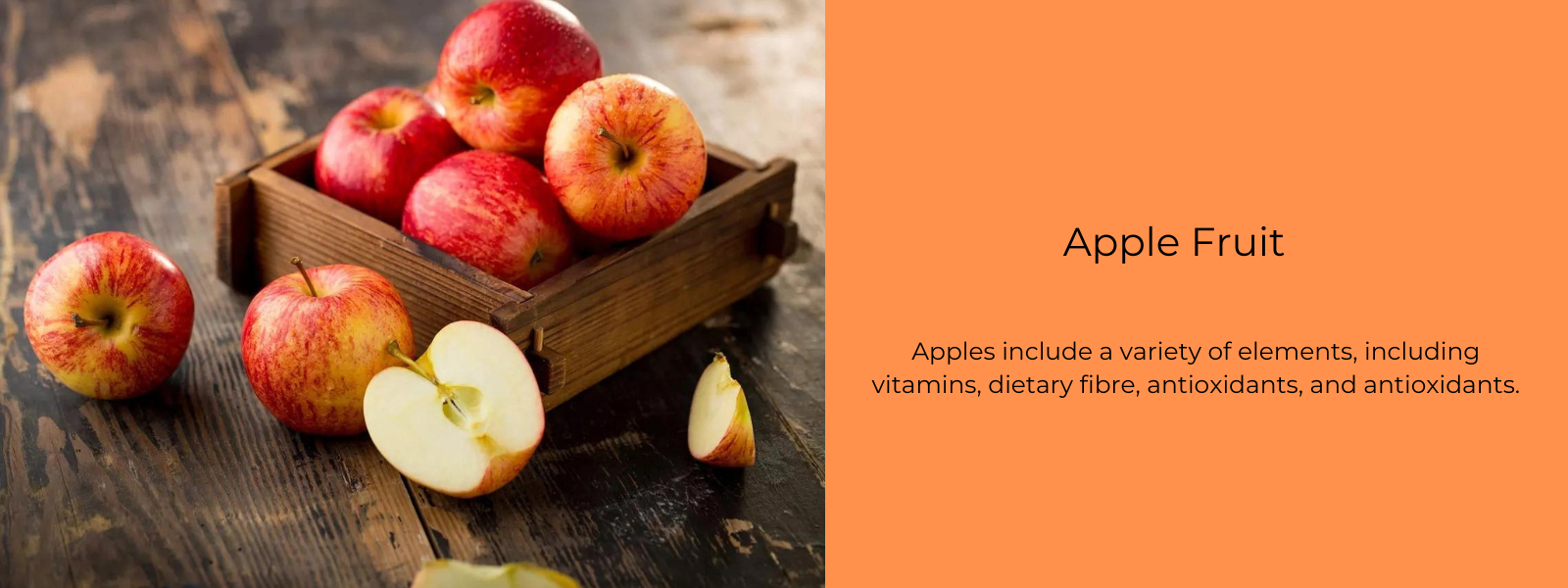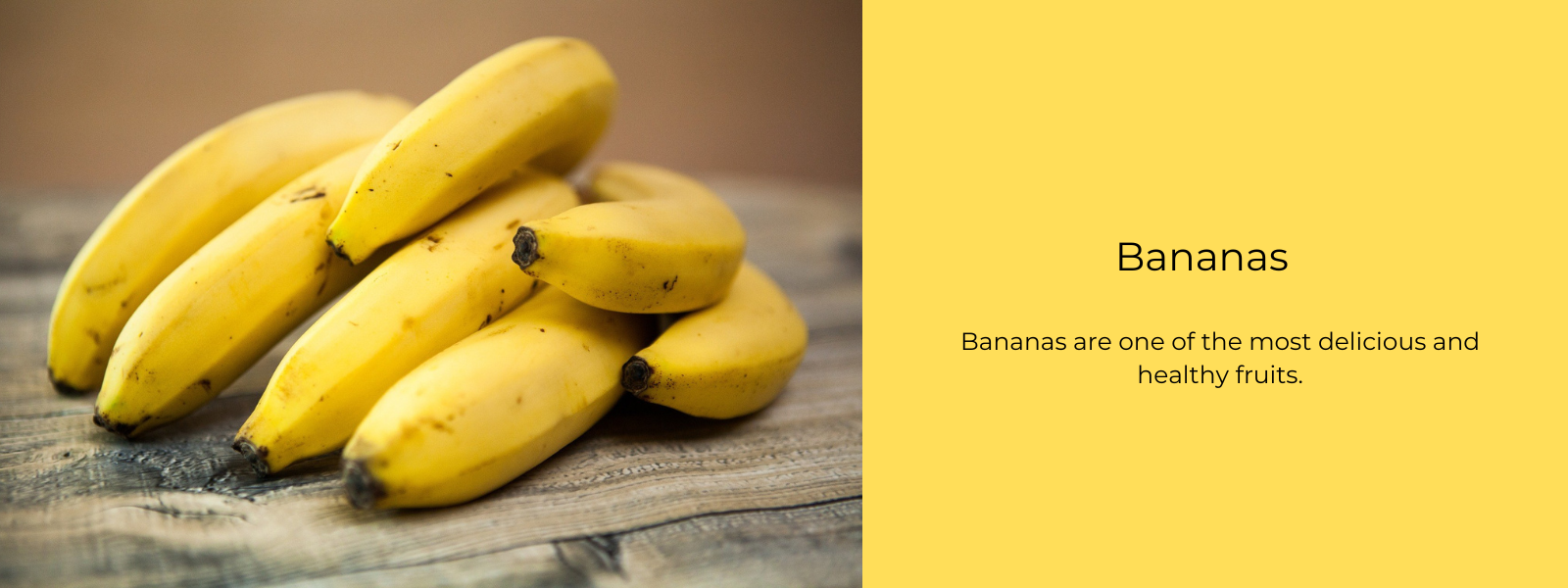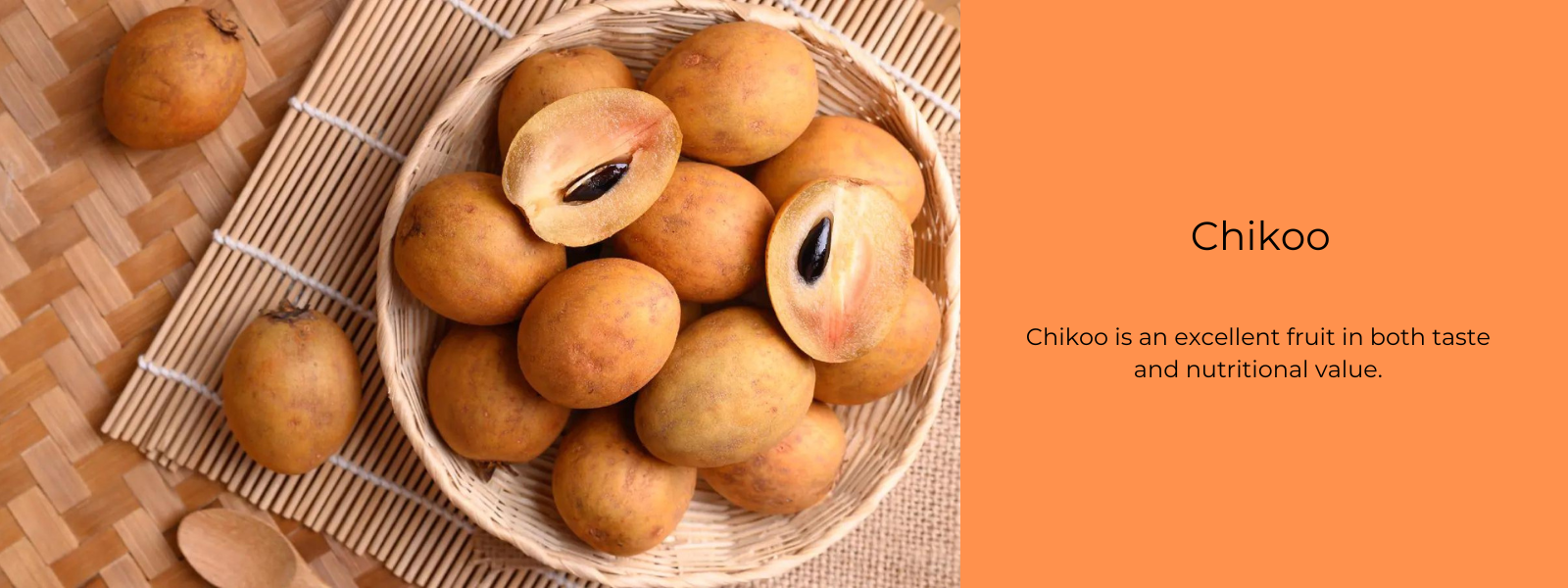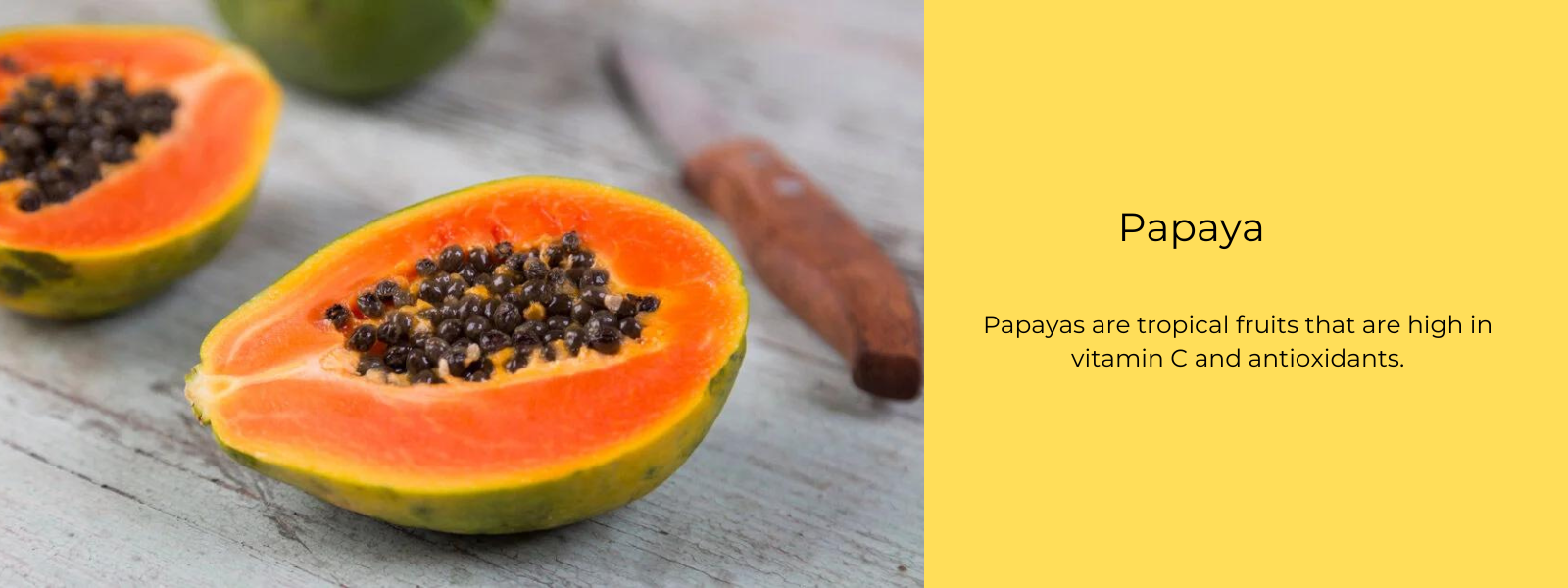Kaki fruits, also known as persimmons, are tasty, exotic fruits that are also good for your health in many ways. They are more than just a sweet and tasty treat; they can also help your eyes, digestion, immune system, blood pressure, and skin. They can also help reduce inflammation and improve blood flow all over the body.
Table of Contents
What is kaki fruit?
Kaki fruits are small, flat, orange or reddish-brown fruits that look like small tomatoes. People say that they taste sweet and smooth. Most persimmons come in two types: those that are sour and those that aren't. Astringent persimmons have a lot of plant chemicals called tannins, which make the unripe fruit taste bitter and dry. If you want to eat a persimmon, you have to wait until it is ripe. On the other hand, non-astringent is a type that is also high in tannins but can be eaten before it is fully ripe.
- Beta-carotene, which is found in kaki fruit, is a good source of the provitamin A beta-carotene, which studies show can lower the risk of breast cancer in women before menopause. Vitamin A is also important for healthy eyesight and keeps the heart, lungs, kidneys, and other organs working well.
- Kaki fruits are a good source of antioxidants like Vitamin C, which is important for a healthy immune system. It helps reduce inflammation and protects the bones, blood vessels, skin, and other connective tissues in the body. These fruits also have lycopene and lutein, which are antioxidants that protect against free radicals that speed up ageing and make diseases worse.
- Minerals like phosphorus, magnesium, manganese, copper, and calcium are found in persimmons in good amounts.
- Bananas got you down? Reach for a kaki fruit the next time you want a healthy dose of potassium. The average persimmon has about 78 mg of potassium in it. Potassium is an important electrolyte that helps keep the body's fluid balance and the heart and muscles' electrical activity going.
- Only 32 calories, 0 grams of fat, and 0 mg of sodium are in one kaki fruit.
- There is a lot of fibre in persimmon pulp. One fruit has 6 grams of fibre, which is 25% of what an adult needs every day. Studies show that eating a lot of fibre is good for your digestive health and helps you keep a healthy weight, which makes you less likely to get diabetes or heart disease. Fibre makes you feel fuller for longer, so a persimmon is a great snack.
Types of kaki fruit:
There are two common types of kaki fruit: Hachiya, which is pale and heart- or acorn-shaped and has a bitter taste unless it's very ripe, and Fuyu, which is orange, tomato-shaped, sweet, and can be eaten when it's still a little bit firm.
How to store kaki fruit:
Ripe kaki fruits are soft and should be kept in the fridge until you are ready to eat them. At room temperature, persimmons that are still firm will continue to ripen. To speed up the process, put the fruit in a place where it will get sun for several days. You can also ripen persimmons faster by putting them in a container with apples, pears, or bananas.
How to eat kaki fruit:
A kaki fruit is ready to eat when pressing the flesh makes a small indentation.
Raw persimmons can be eaten by taking off the flower-shaped stem and using a spoon to scoop out the creamy flesh. Some people say the flesh is like pudding and tastes a little bit like apricots.
Ways to include kaki fruit in the diet:
- Raw kaki fruits are good to eat.
- You can put kaki fruit in a salad. Add kale, cottage cheese, and some nuts to it.
- It can be put in desserts like pudding and custard.
- You can eat kaki fruit that has been poached.
- It can even be put in baked goods like bread and cakes.
- Kaki fruit can be used to make ice cream and fruit sherbet.
- You can also make a healthy fruit and nut bar with persimmons.
- Make your own persimmon jam, which goes well with any kind of bread.
- Give some cookies and biscuits a touch of freshness by adding persimmon fruit to them.
- In addition to sweets and desserts, persimmon fruit can be used to make a very healthy soup.
- You can drink persimmon juice that hasn't been strained on its own or mix it with other fruits and veggies to make a healthy juice.
- Kaki fruit and nuts can be added to low-fat yoghurt.
- · This fruit is great for making spreads and chutneys.











Leave a comment